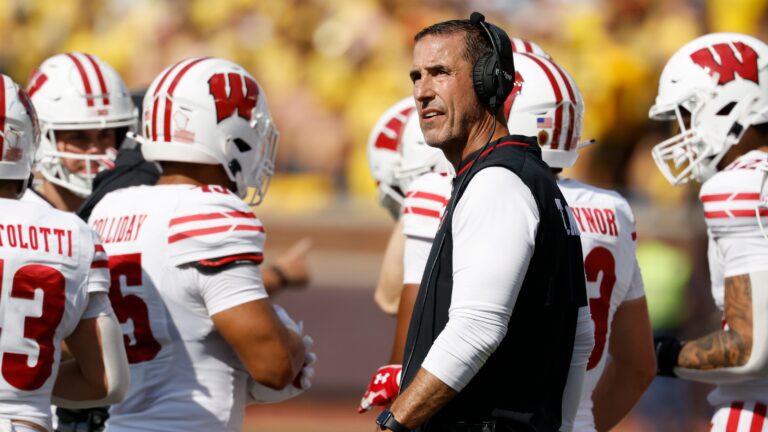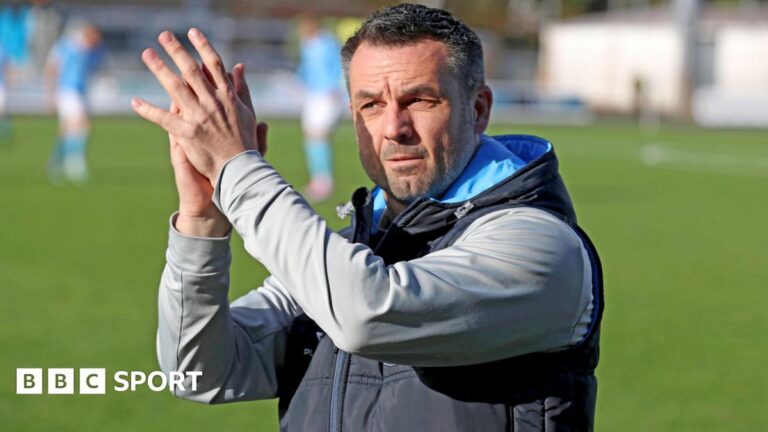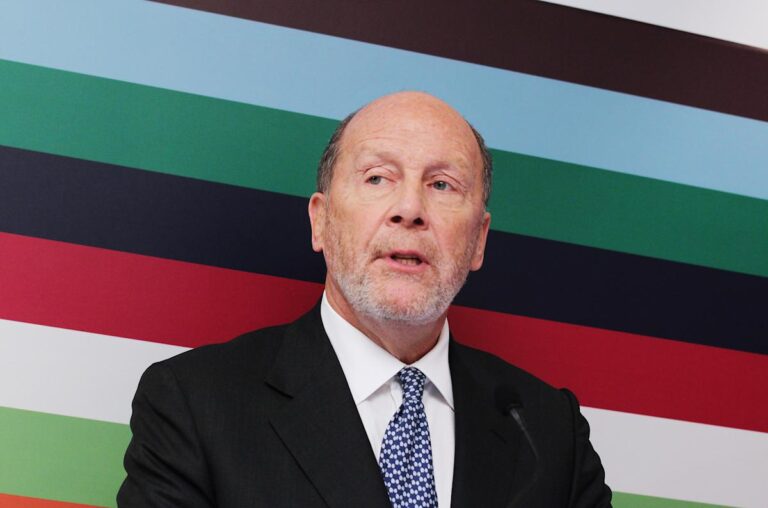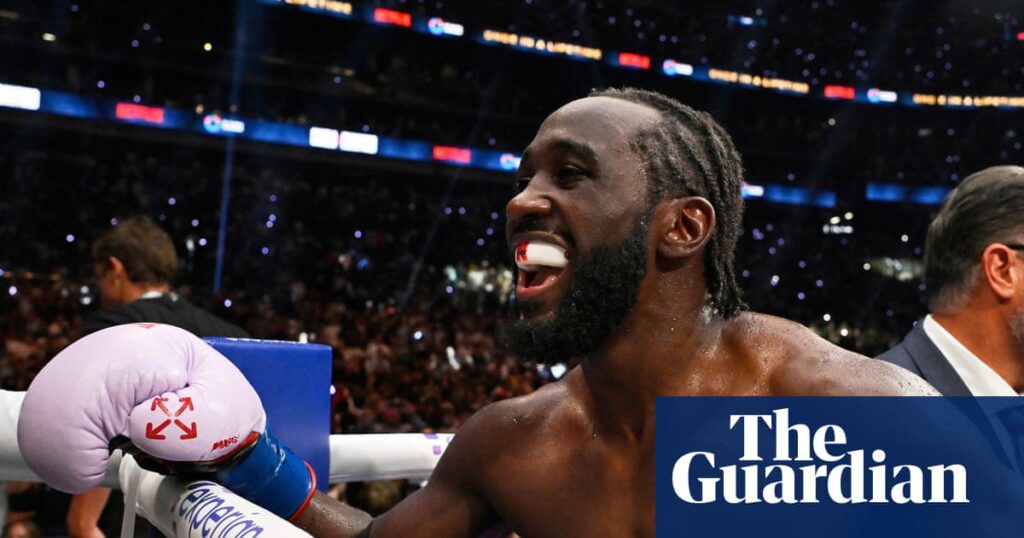
When the scores were read out and the task was accomplished, Terence Crawford dropped to one knee in the centre of the ring and wept. After more than a decade of waiting for the moment that would amplify his greatness beyond the paywalled enclave of modern boxing, the 37-year-old from Omaha had just outpointed the sport’s biggest star, Canelo Álvarez, before more than 70,000 fans in Las Vegas and millions more on Netflix. It was the career-defining victory he had never stopped believing would eventually come with hard work and dedication to his craft.
Patience has always been Crawford’s greatest asset. Inside the ring, he is the consummate problem-solver: slow to reveal his hand, content to let an opponent show their patterns, then surgically dismantling them once he has cracked the code. Outside it, he endured years of frustration, denied the paydays and opponents his gifts merited, waiting for the one night that he could not be ignored any more. On Saturday at Allegiant Stadium, both sides of that signature discipline were vindicated.
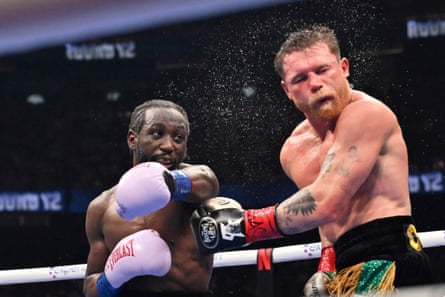
But he did beat Álvarez. And now he’s become only the sixth fighter in history to win world titles in five divisions, joining Thomas Hearns, Sugar Ray Leonard, Oscar De La Hoya, Floyd Mayweather Jr and Manny Pacquiao. Only the third to claim lineal championships in four, alongside Mayweather and Pacquiao. Only the second man to become an undisputed champion in three weight classes since Henry Armstrong in 1938.
So why did it take so long? Crawford’s laconic personality, his distaste for theatrics, has long kept him from the superstardom enjoyed by flashier peers. After a decade earning modest sums for his fights, Mayweather’s mid-career reinvention from the white-hat Pretty Boy Floyd into a pantomime villain made him the world’s richest athlete. Crawford has never played that game. He has kept his head down, let the work speak. In today’s culture, which rewards volume as much as substance, that patience often looked like a liability. On Saturday night, it looked like the most important decision of his life.
That is why the tears flowed when they did. It was not just about beating Álvarez, though that alone was the kind of victory that vaulted him into all-time company. It was about vindication. That the quiet kid from a fistic backwater better known for producing corn than world-class fighters, who spent years fighting in relative obscurity, who unified divisions without the acclaim they deserved, was right to stay the course. To do it on his terms. That the old-fashioned idea – that if you keep winning, eventually the world will notice – still has some truth left in it.
after newsletter promotion
This was a night when patience trumped power, subtlety overcame spectacle. It wasn’t the wild brawl some fans crave, nor the bombastic finish that fuels highlight reels. Instead, it was a masterclass in timing, angles and discipline. Crawford showed that greatness does not always arrive with a bang; sometimes it is built slowly, over years of waiting, refining, refusing to compromise.
In a sport that rewards bluster, Crawford’s quiet vindication felt almost radical. He was told for years that he hadn’t fought anybody. Now he has beaten everybody. He was told his chance might never come. Now he has seized the biggest one of all. When he sank to his knee, the tears said as much as any words. The boy from Omaha who once survived a bullet to the head had climbed every mountain, solved every problem and waited long enough for the world to finally see it.


